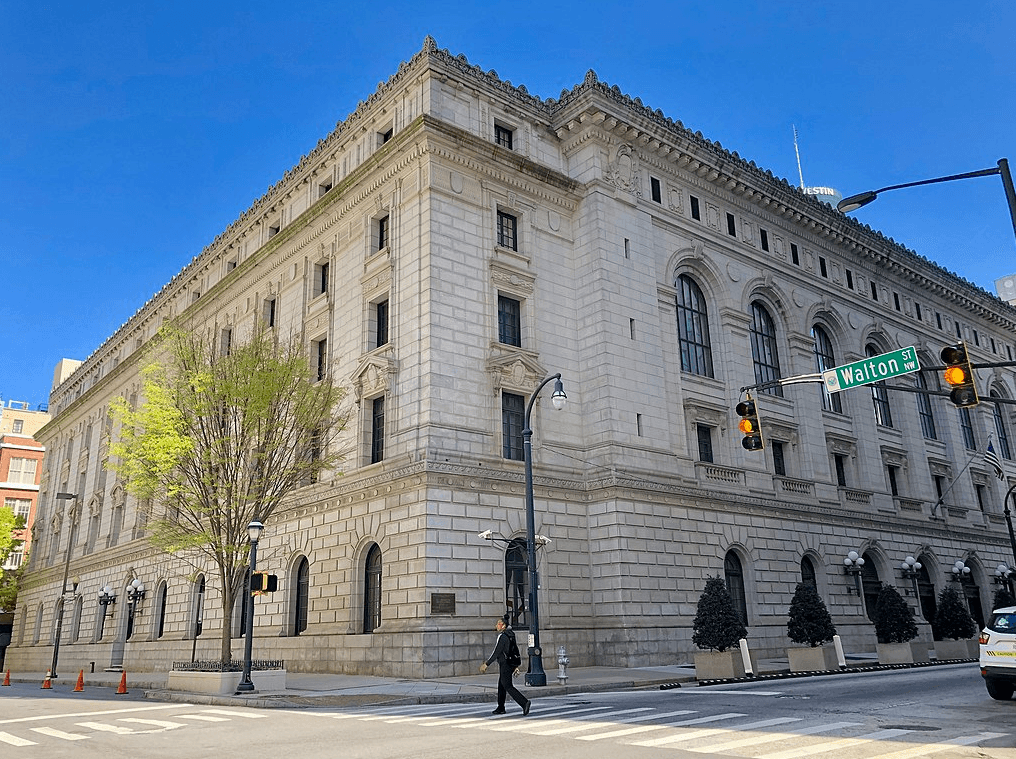Over the last two weeks, the 11th U.S. Court of Appeals issued two important rulings in an election integrity case and a religious freedom case.
The 11th Circuit has jurisdiction over Alabama, Florida, and Georgia. Most of the time, people pay attention to the decisions of the U.S. Supreme Court but pay little attention to the decisions of the federal appeals courts. However, the U.S. Supreme Court takes only about 1% of the cases that it gets asked to take.
Therefore, as a practical matter, the federal appeals court in your jurisdiction often will have the final say over important federal questions. They play a very important role but get very little attention.
First, in League of Women Voters of Florida v. Florida Secretary of State, the 11th Circuit upheld several election-integrity laws that Florida passed after the 2020 elections. Florida’s objective was simple: make it easy to vote and hard to cheat. Consequently, Florida’s law allowed people who voted by absentee ballot to return their ballots to drop boxes but required those boxes to be supervised to prevent stuffing the box with fake ballots. It also took steps to regulate how third parties distributed ballots and how solicitation was done.
As soon as Florida Gov. Ron DeSantis signed those bills into law, multiple groups sued the state to enjoin their enforcement.
Want to guess what the argument was? If you guessed racism, you’re right.
Sadly, the district court bought the argument. Going back to Florida’s history shortly after the Civil War, it found that Florida had a history of discriminating against minorities. Looking at the case through what I believe is a critical race theory lens, it found racism in these common-sense laws where none existed.
Fortunately, the 11th Circuit disagreed. It affirmed one part of the district court’s order on another ground but rejected the racism arguments.
“What does this have to do with Alabama?” you may be asking. Remember, the 11th Circuit has jurisdiction over Florida, Georgia, and Alabama. Thus, whatever decision it made in this Florida case would set a precedent for Alabama as well. Because the 11th Circuit upheld most of the Florida laws in question, Alabama is free to enact similar measures protecting election integrity if it so chooses.
The second case was Navy SEAL 1 v. Austin. In this case, our friends at Liberty Counsel brought a religious freedom suit on behalf of servicemembers from multiple branches of the military who had religious objections to President Joe Biden’s COVID vaccine mandate for the military. Most of the objections centered around the vaccines’ connections to aborted fetal cells. Because the vaccines were tested or manufactured in connection with aborted fetal cells, many servicemembers believed they could not take it in good conscience.
While it is certainly true that our servicemembers voluntarily surrender many of their rights when they join the military, there are some rights that they do not give up. One of these is religious liberty. The president’s refusal to honor their unalienable right to religious freedom and the longstanding American tradition of accommodating religious matters in the military was appalling. At a time when America’s enemies are emboldened, we do not need to be kicking people out of the military who are not likely to come down with a serious case of COVID in the first place.
Fortunately, Congress got the secretary of defense to drop the mandate. After that, the government filed a motion in Navy SEAL 1 where it essentially surrendered. The 11th Circuit granted their motion to send the case back down to the trial court and dismiss it as moot. In other words, the servicemembers won.
My firm, the Alabama Center for Law and Liberty, had the honor of submitting friend-of-the-court briefs in both cases. Religious liberty is our first freedom and one that our service members should enjoy, while election integrity is essential to making our republic work.
The 11th Circuit should be commended for its decisions in both cases. Alabamians should rest assured that the federal appellate judges in our jurisdiction respect election integrity and religious freedom.
Matt Clark is the President of the Alabama Center for Law and Liberty, a conservative nonprofit law firm that fights for limited government, free markets, and strong families in the courts. His column appears every Friday in 1819 News. The opinions expressed in this column are those of the author. The views and opinions expressed here are those of the author and do not necessarily reflect the policy or position of 1819 News. To comment, please send an email with your name and contact information to Commentary@1819News.com.
Don't miss out! Subscribe to our newsletter and get our top stories every weekday morning.










